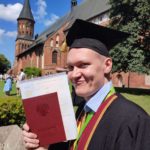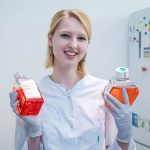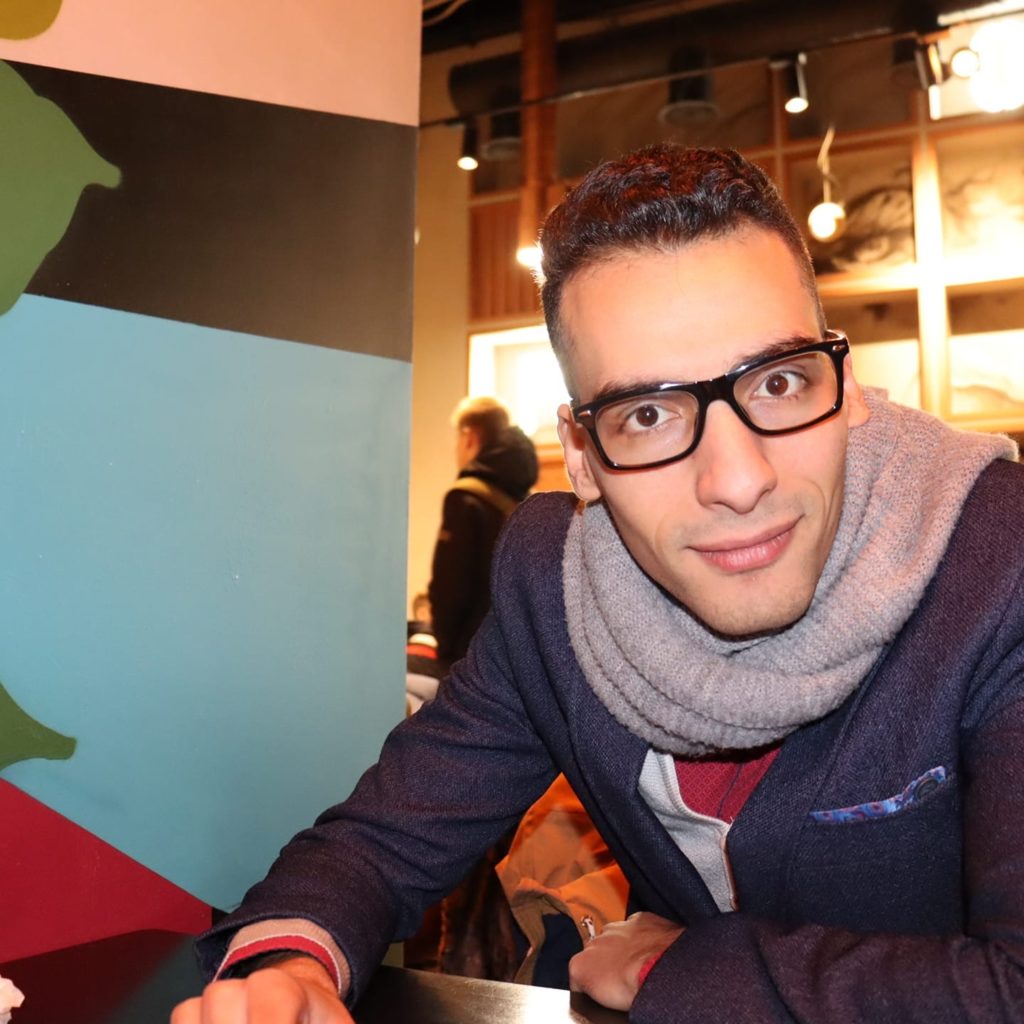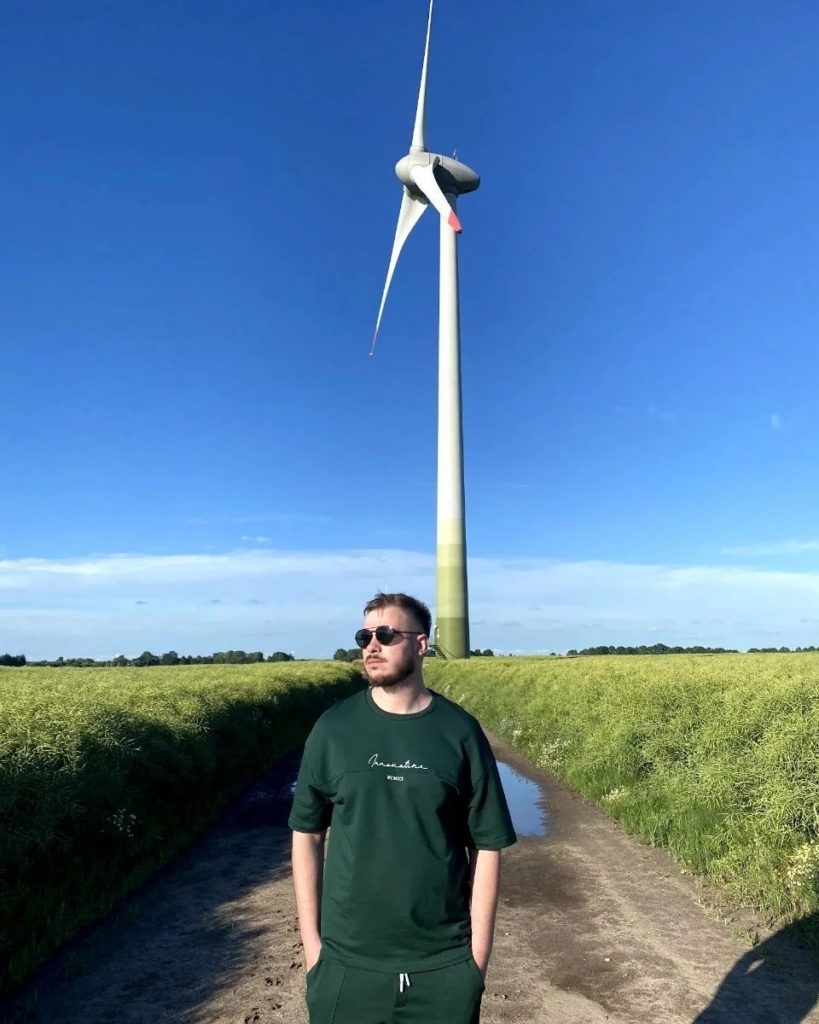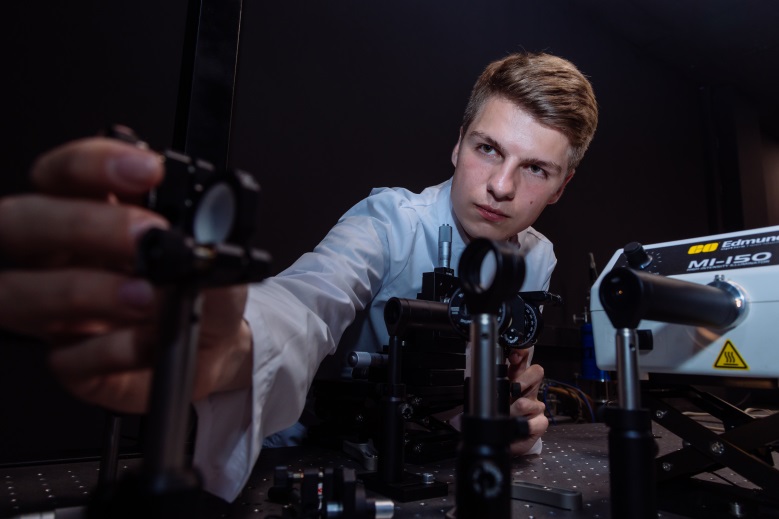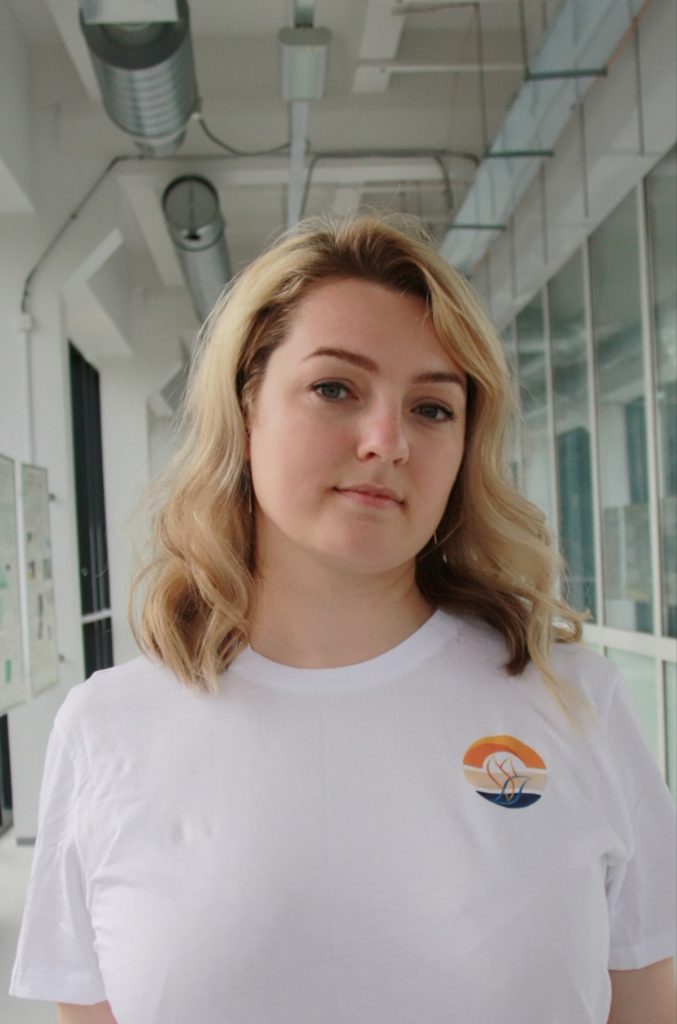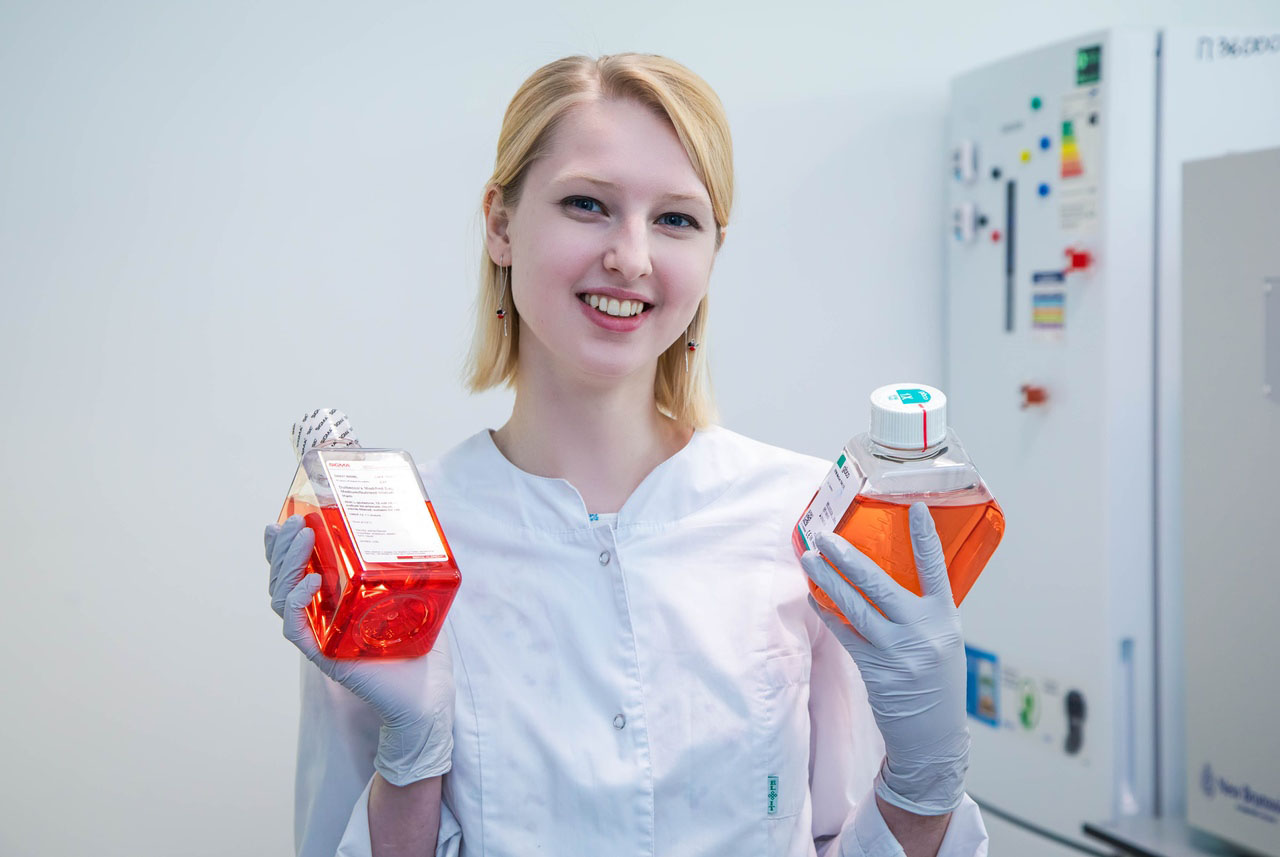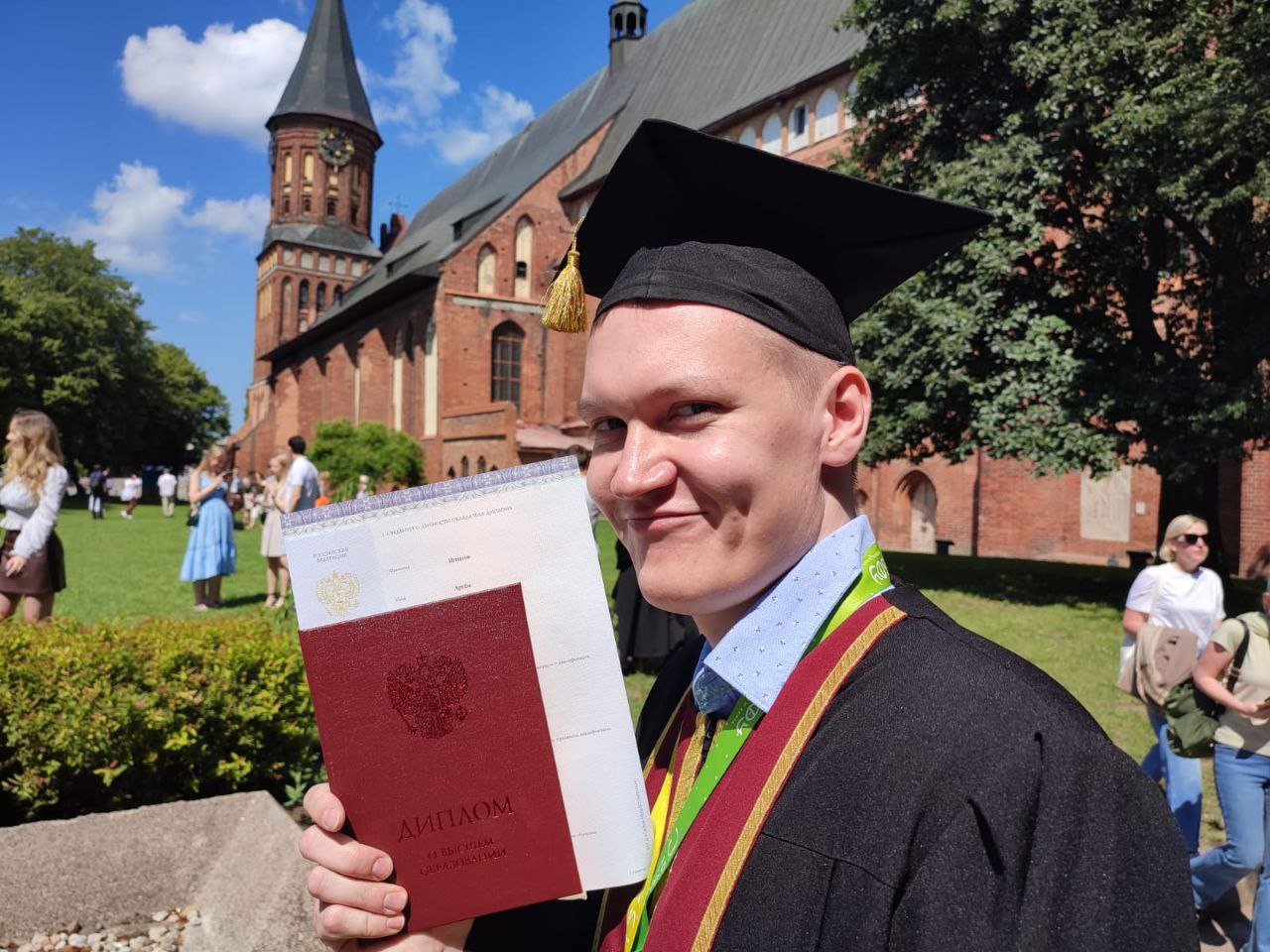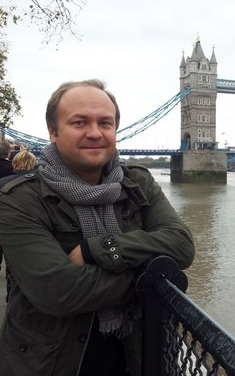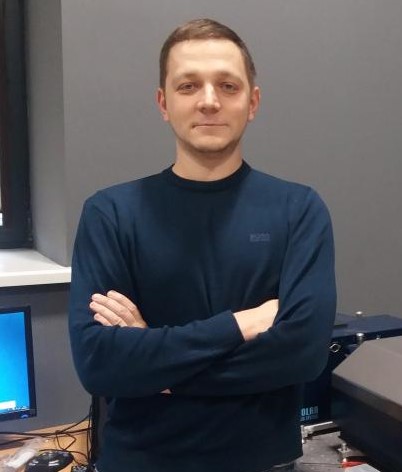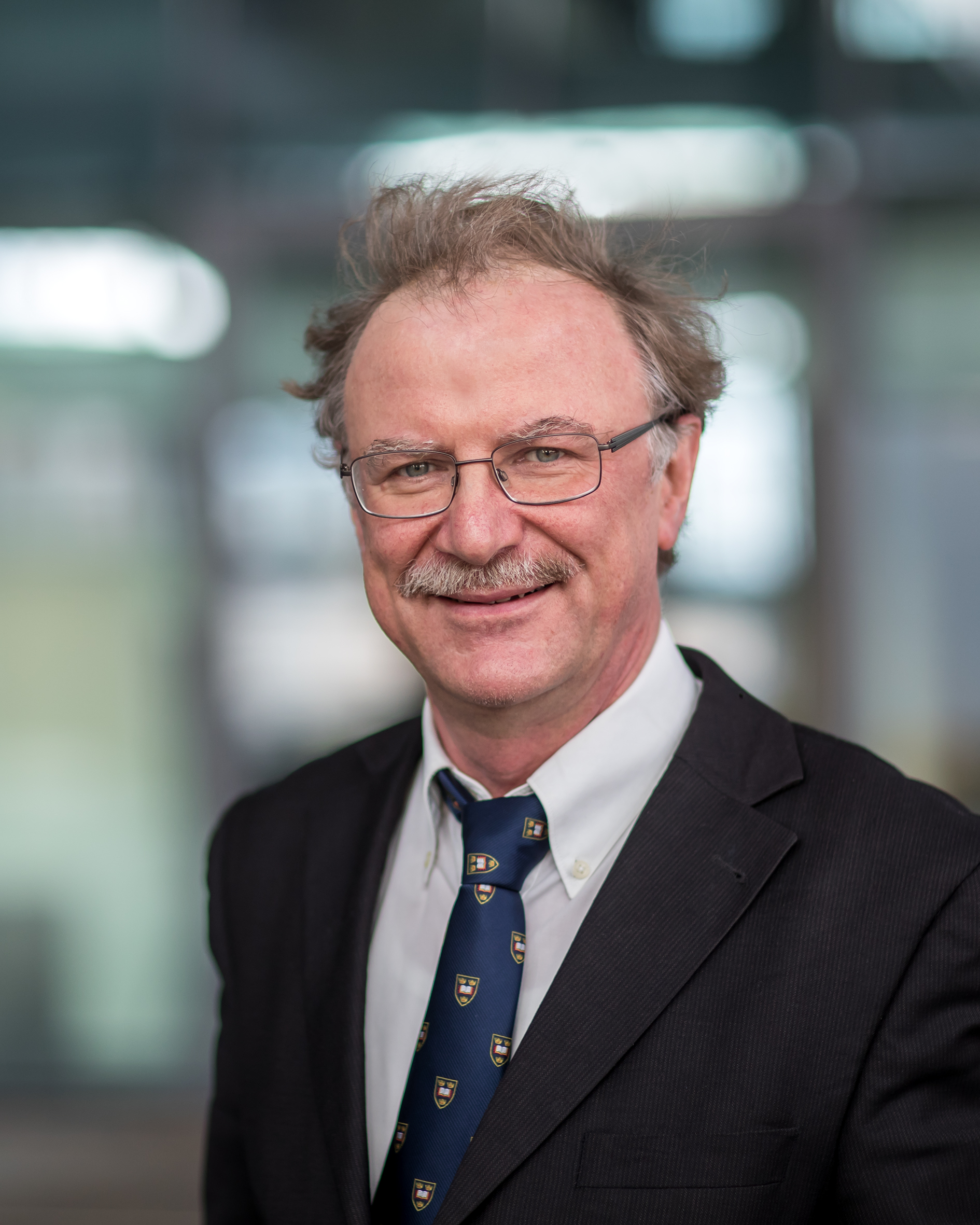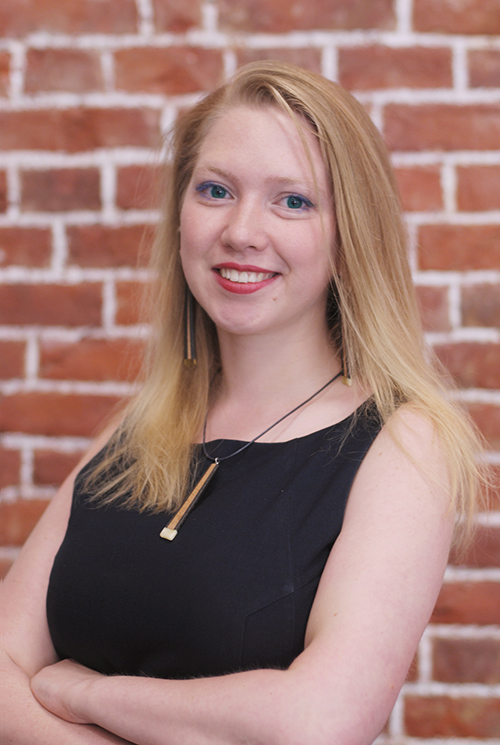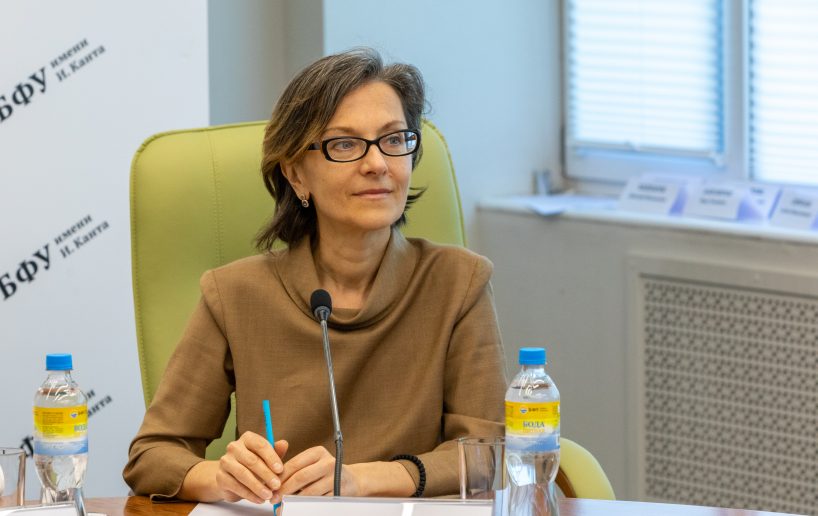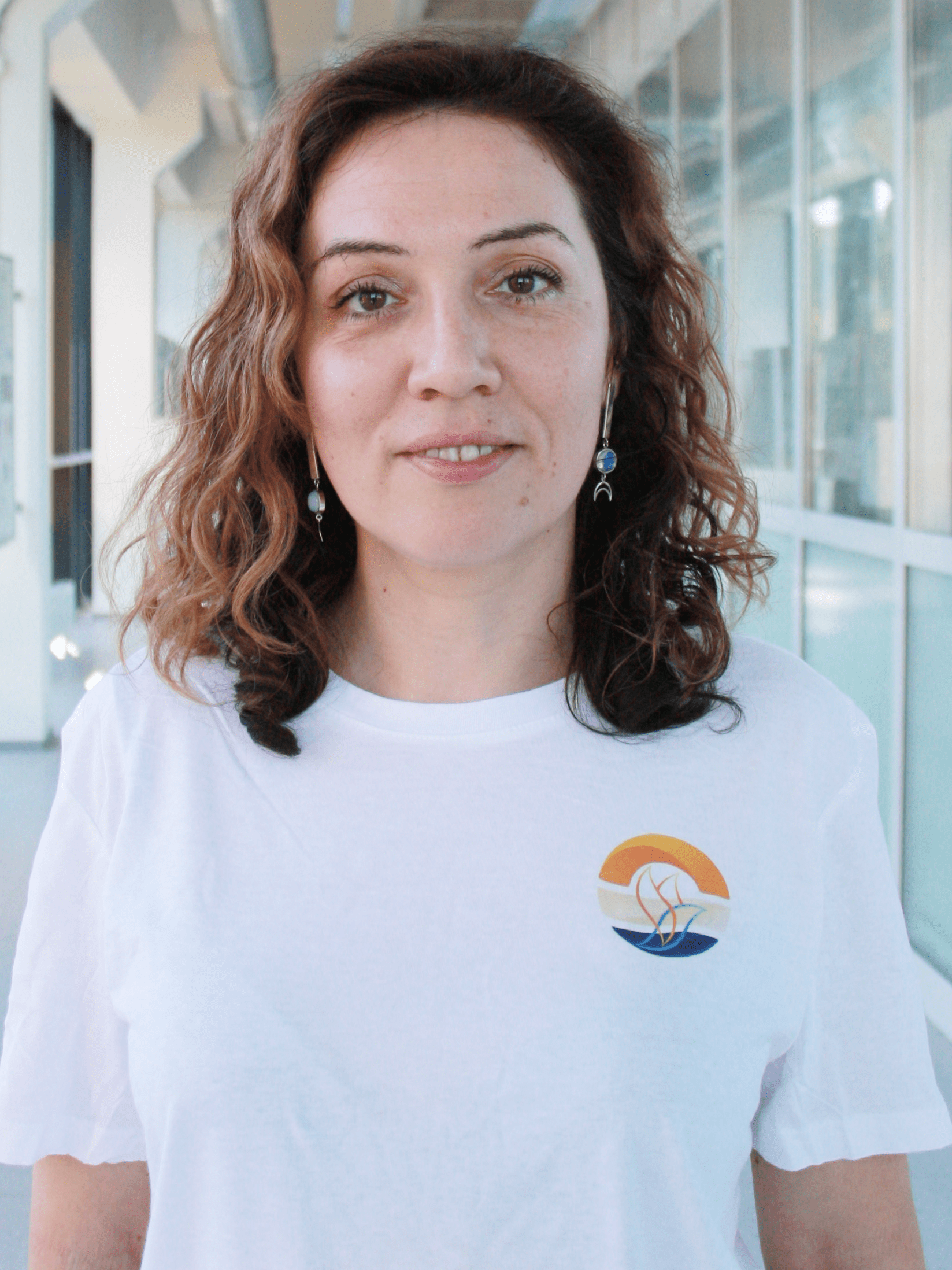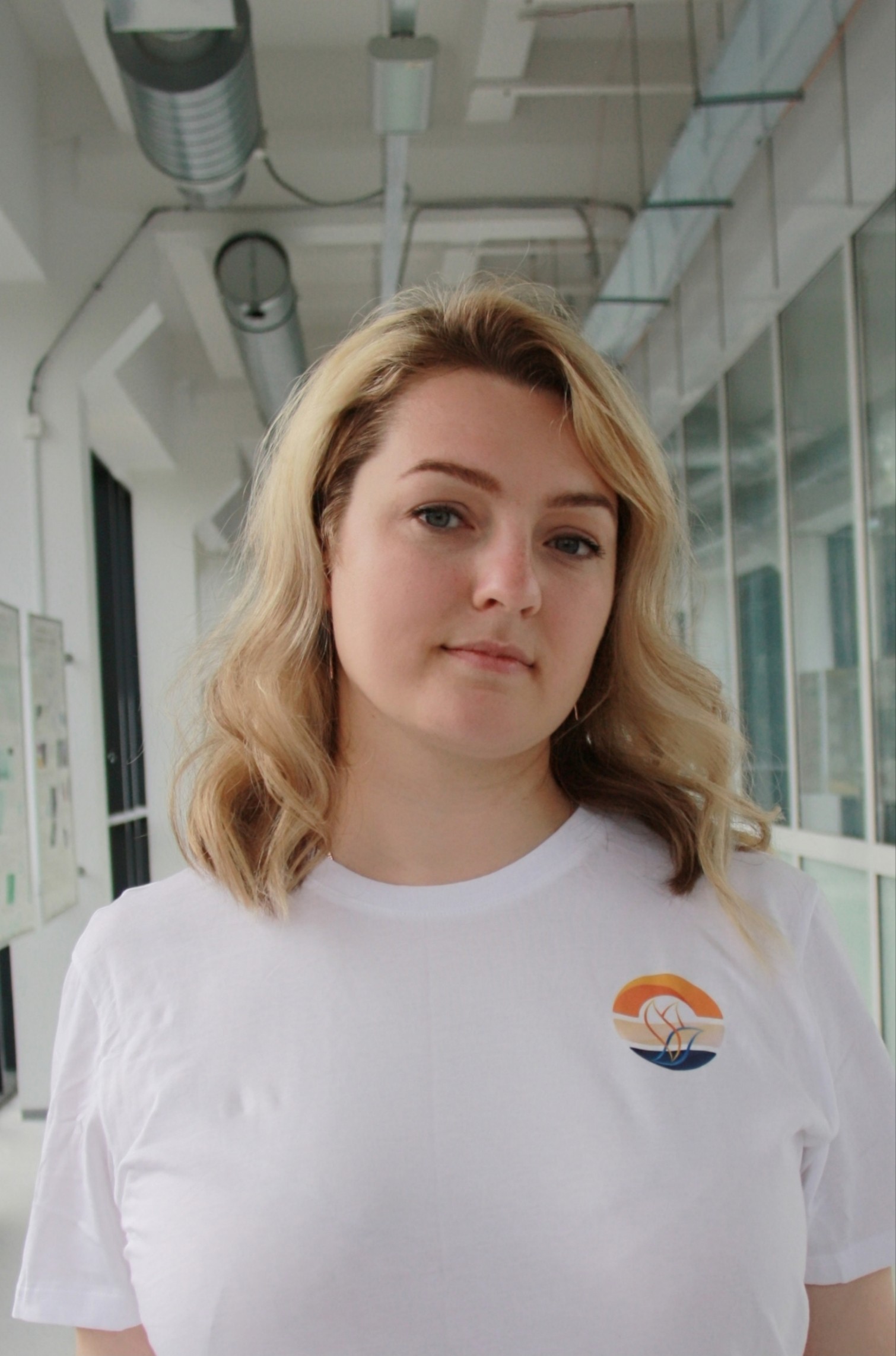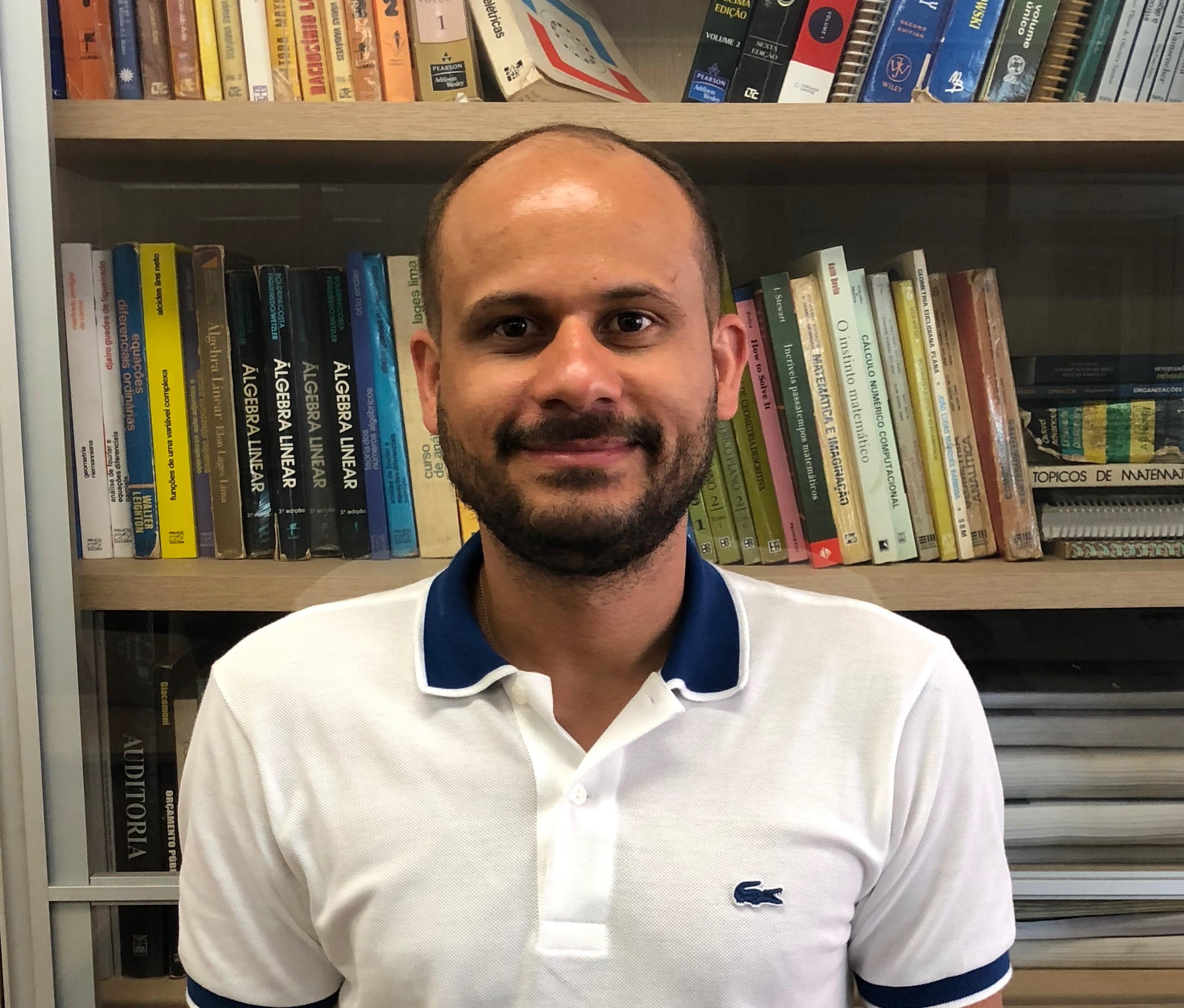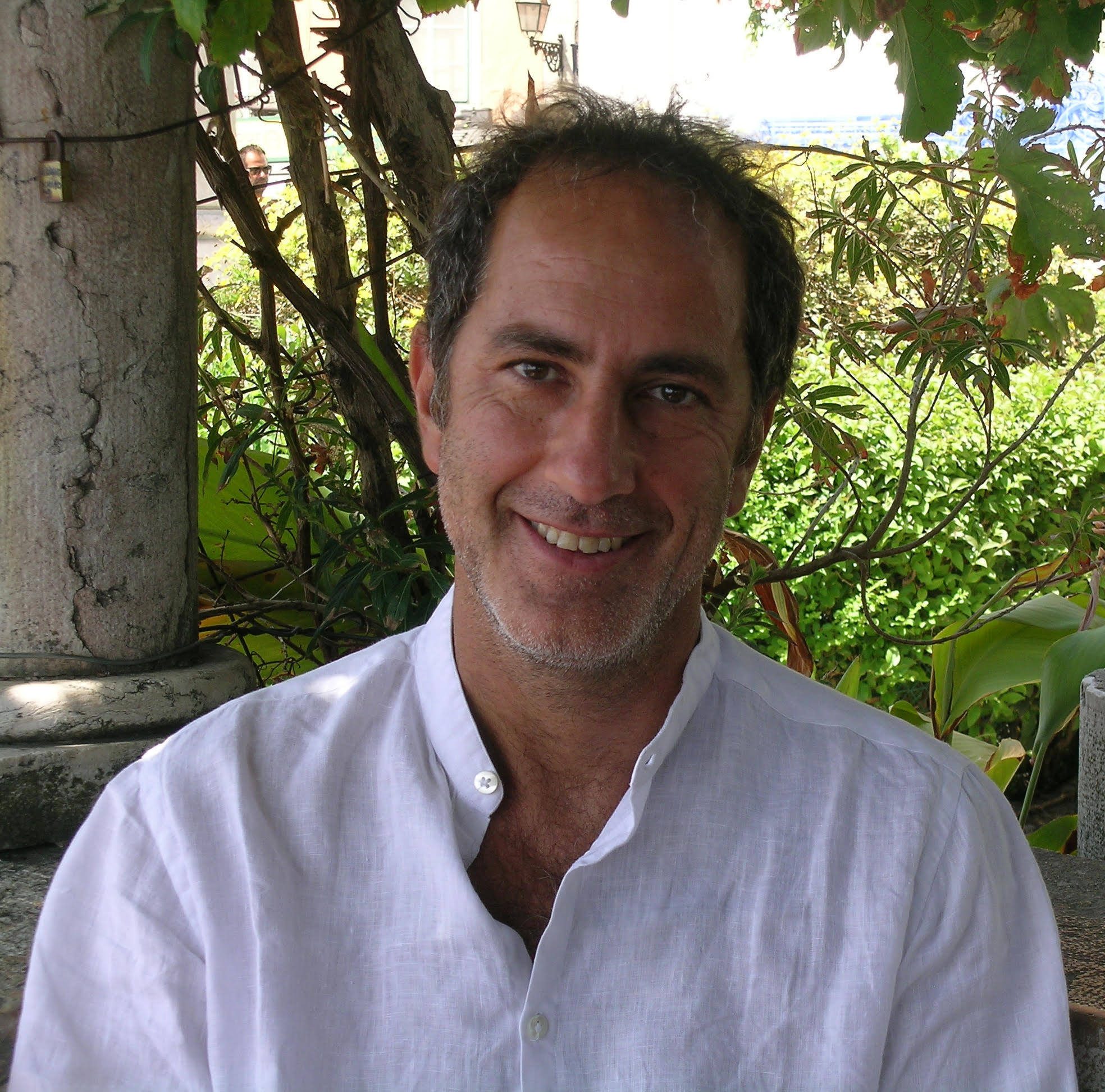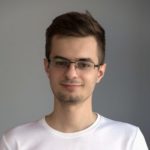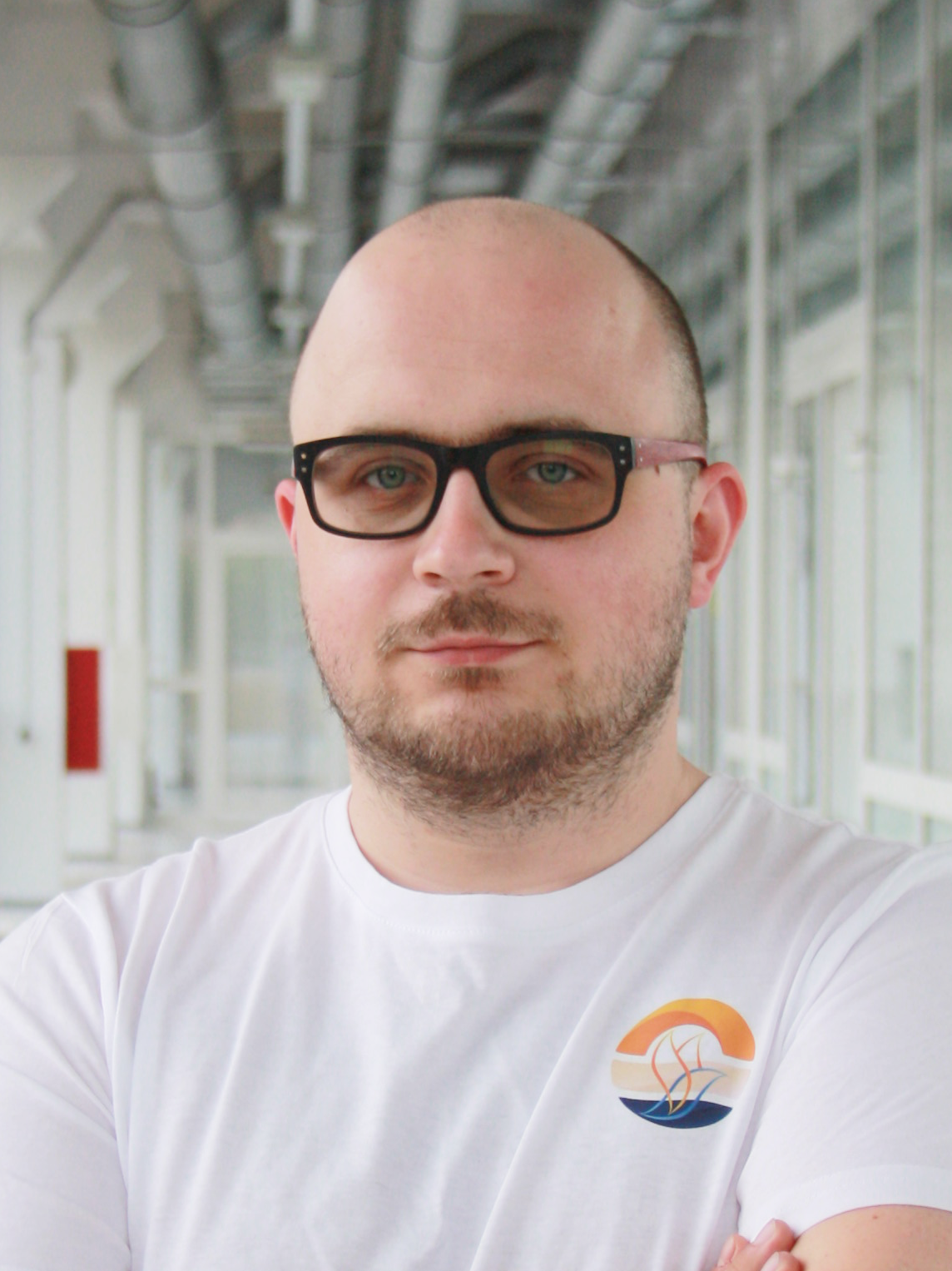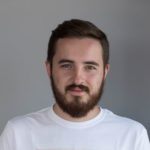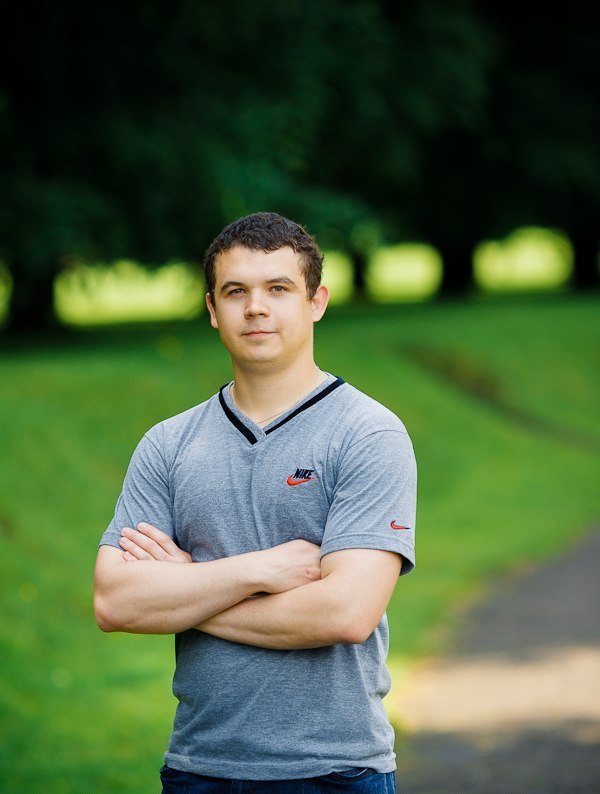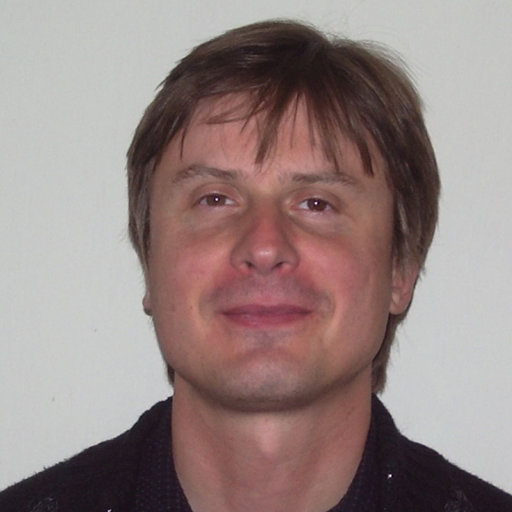We are glad to announce that at the initiative of the Laboratory of Novel Magnetic Materials with support of the REC Fundamental and applied photonics. Nanophotonics. (headed by Dr. Ilya G. Samusev), and the X-ray Optics Laboratory (headed by Dr. Anatoly Snigirev) from Immanuel Kant Baltic Federal University (IKBFU) with help of the collaborators from all over the world the master program with three novel interdisciplinary directions was developed and open. We thank the financial support of 5 top 100 Russian Academic Excellence Project at the IKBFU
The master program (Master of Science) entitled “Functional nanomaterials and advanced technologies” is open for all international and Russian students with a Bachelor of Science degree (physics, chemistry, engineering, material sciences, cell biology or related programs). State-of-the-art experimental and theoretical methodologies of nanotechnology and applications of nanomaterials are learned by master students. All courses are taught in English. Based on previous academic specialization, students are choosing their master modules, and the subject of their MSc project.
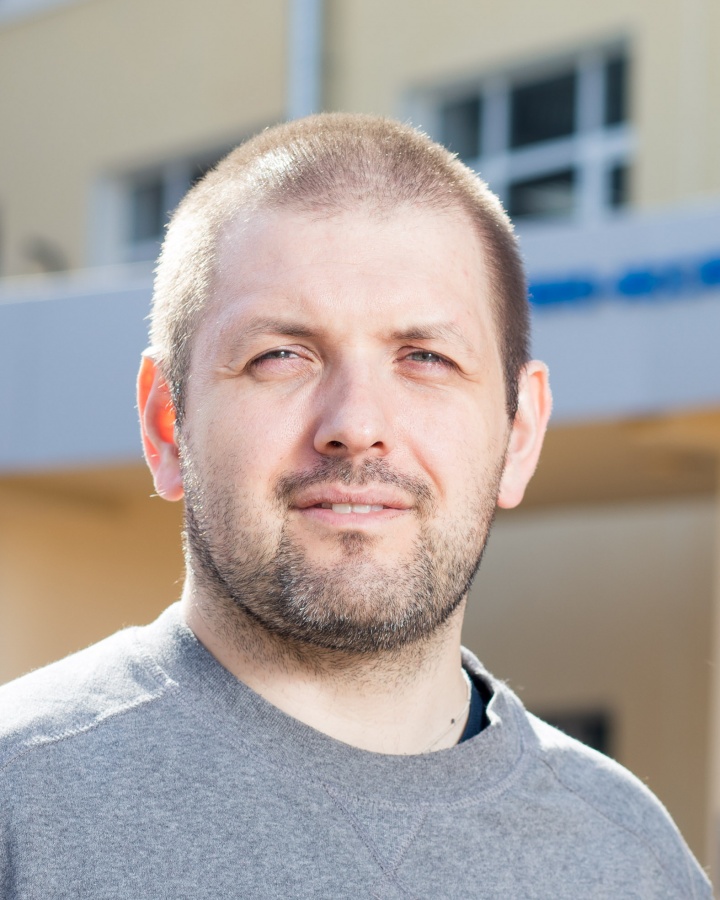

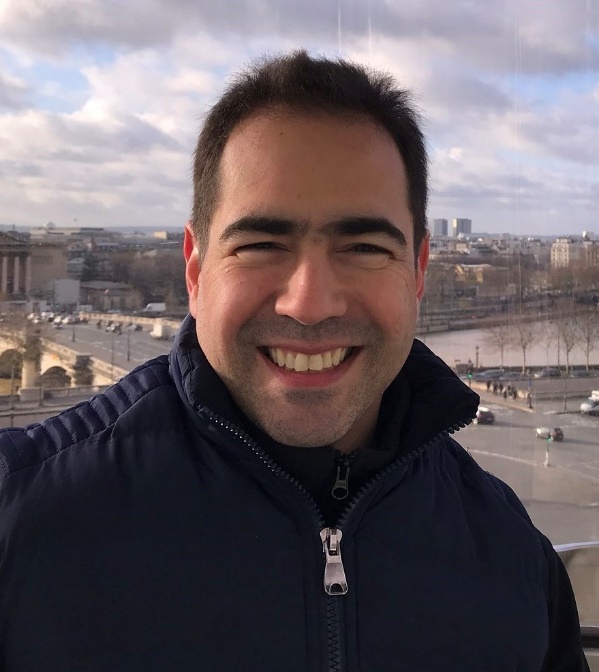


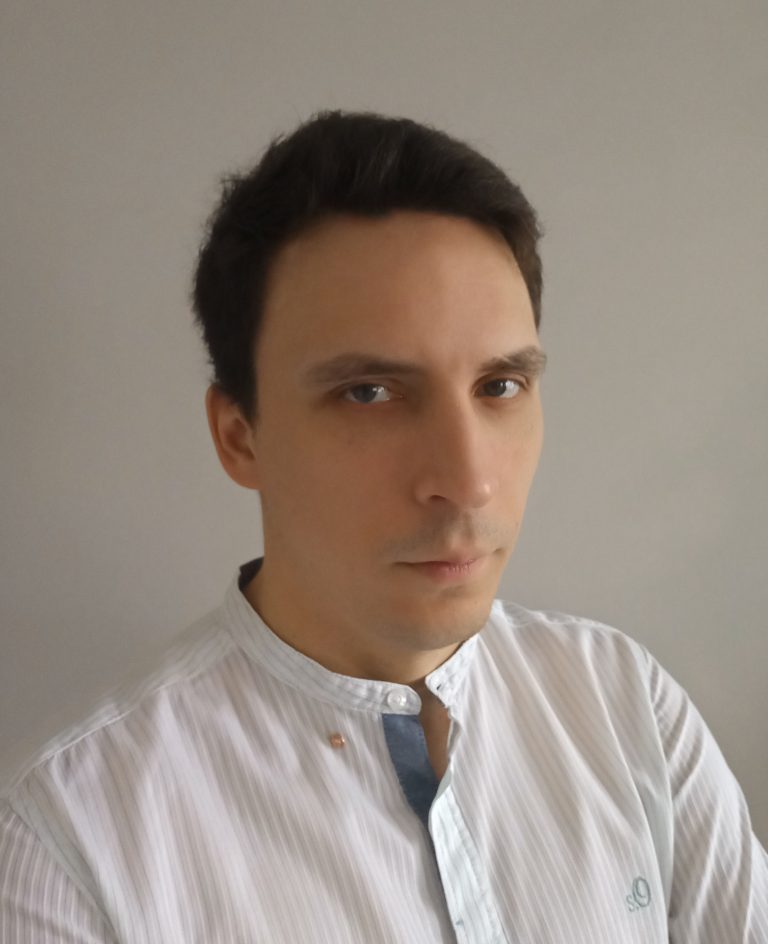


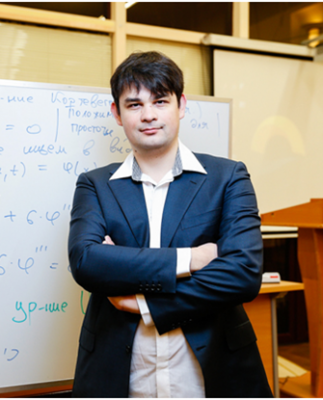

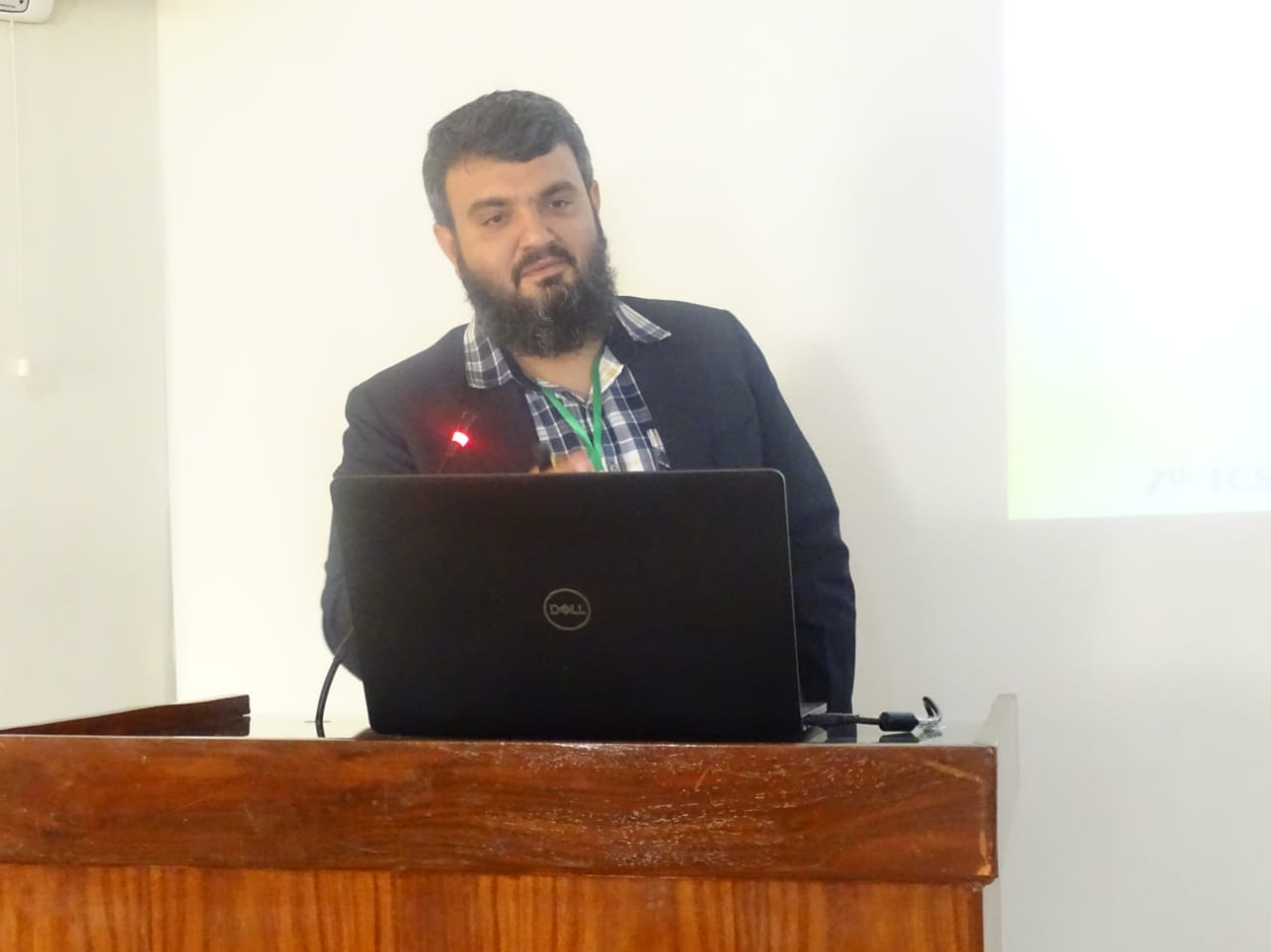
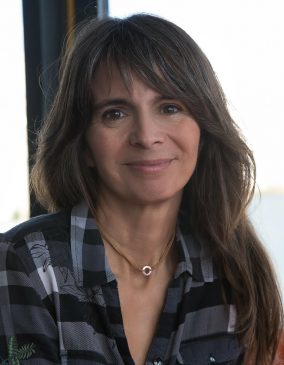
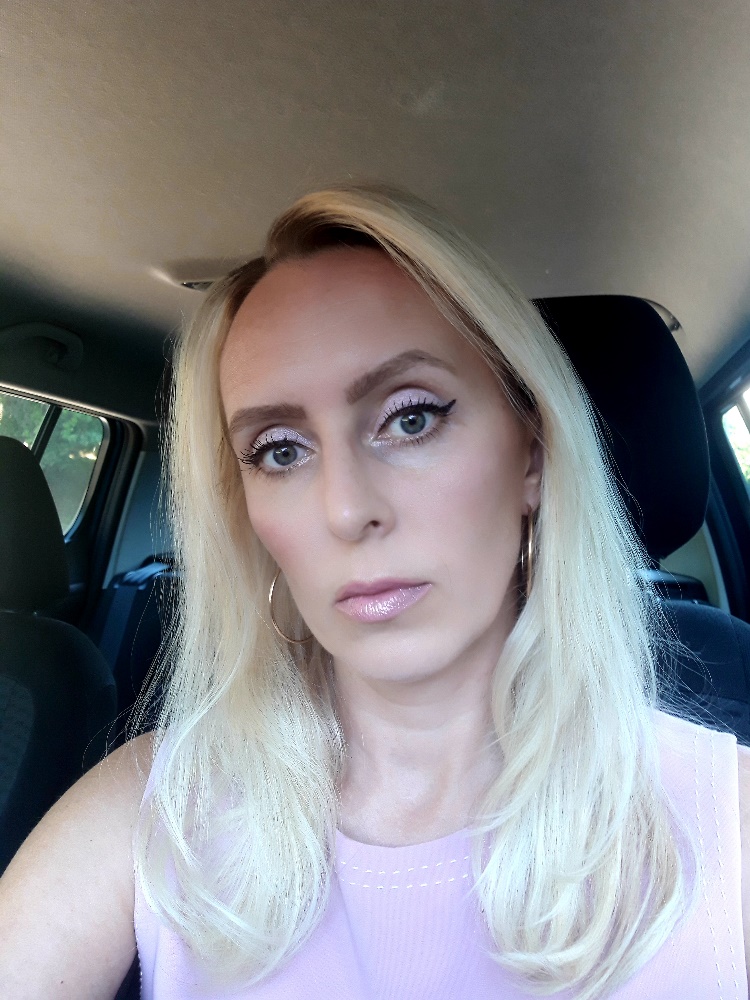


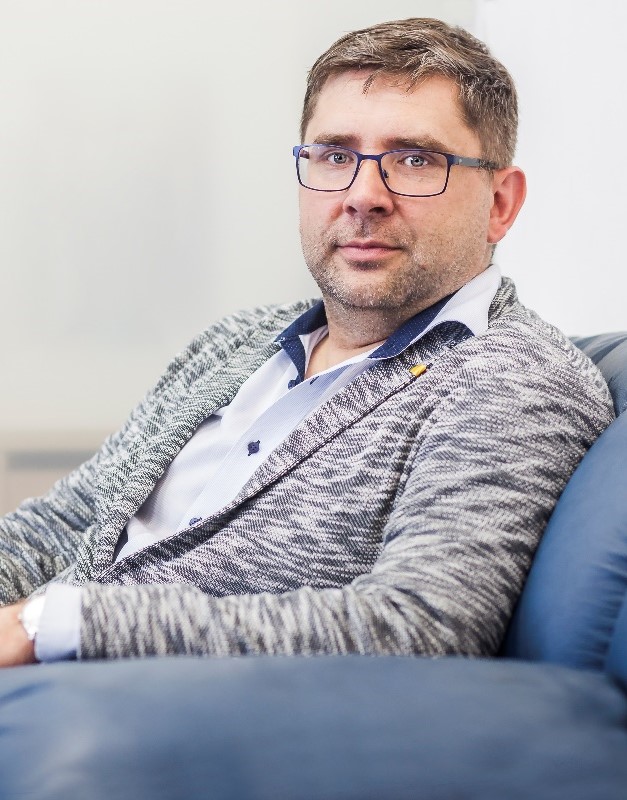
Module 1. “Biomedical applications”
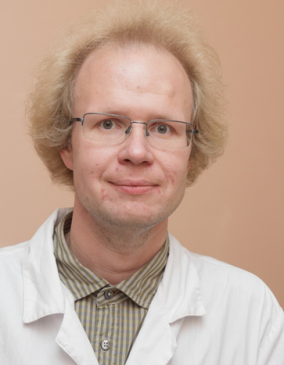
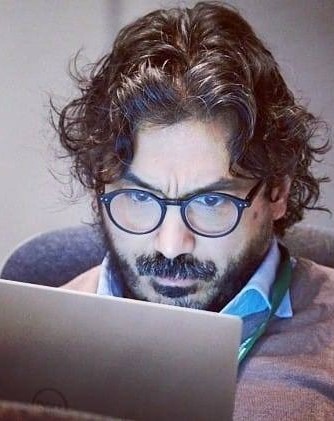
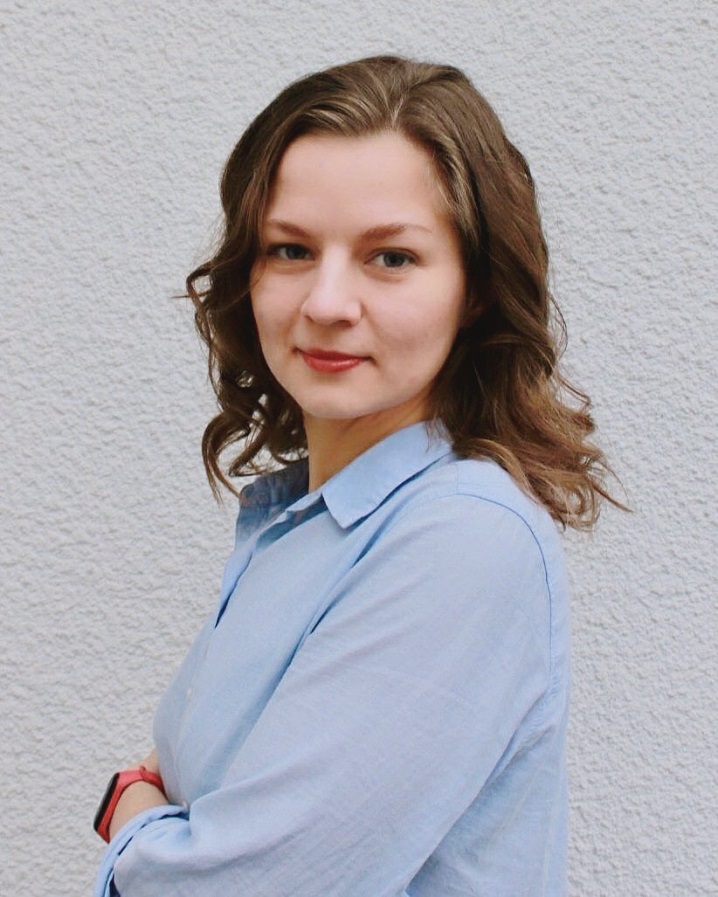
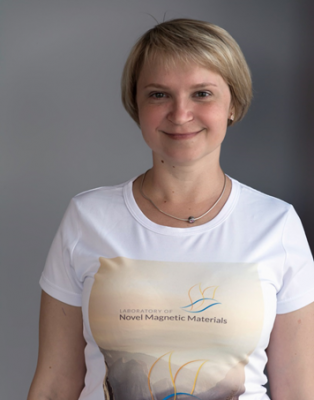

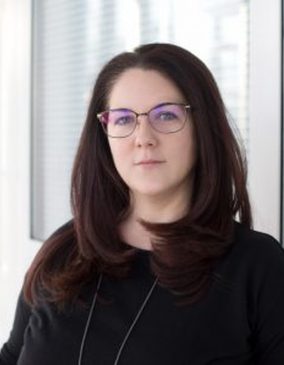
Module 2. “Industrial applications”






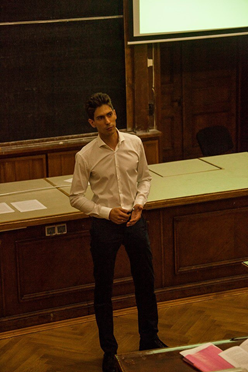
During the second year of the MSc program, students will perform a research work in theory or experiment, join the research teams of IKBFU and finish their education by defense of the Master’s project.
And in September of the 2021 year, we have met a new group of Master students who would like to work in interdisciplinary research and develop their professional skills in “Functional Nanomaterials”. We hope that the new educational year will bring for our master students a lot of new interesting and inspiring meetings and lecturers!
Dear Master Students, we look forward to your scientific future and trust that your participation in our research activities will be rewarding both for you and the research group as a whole.
